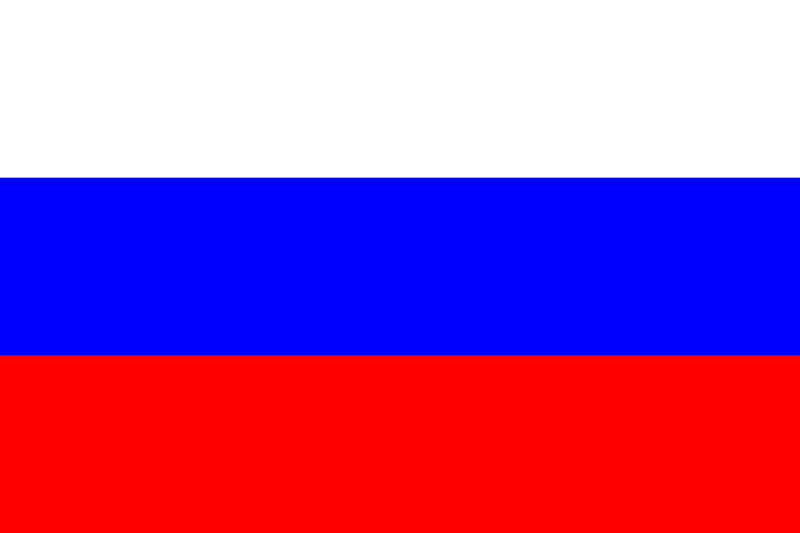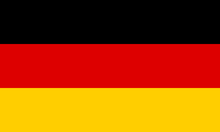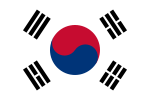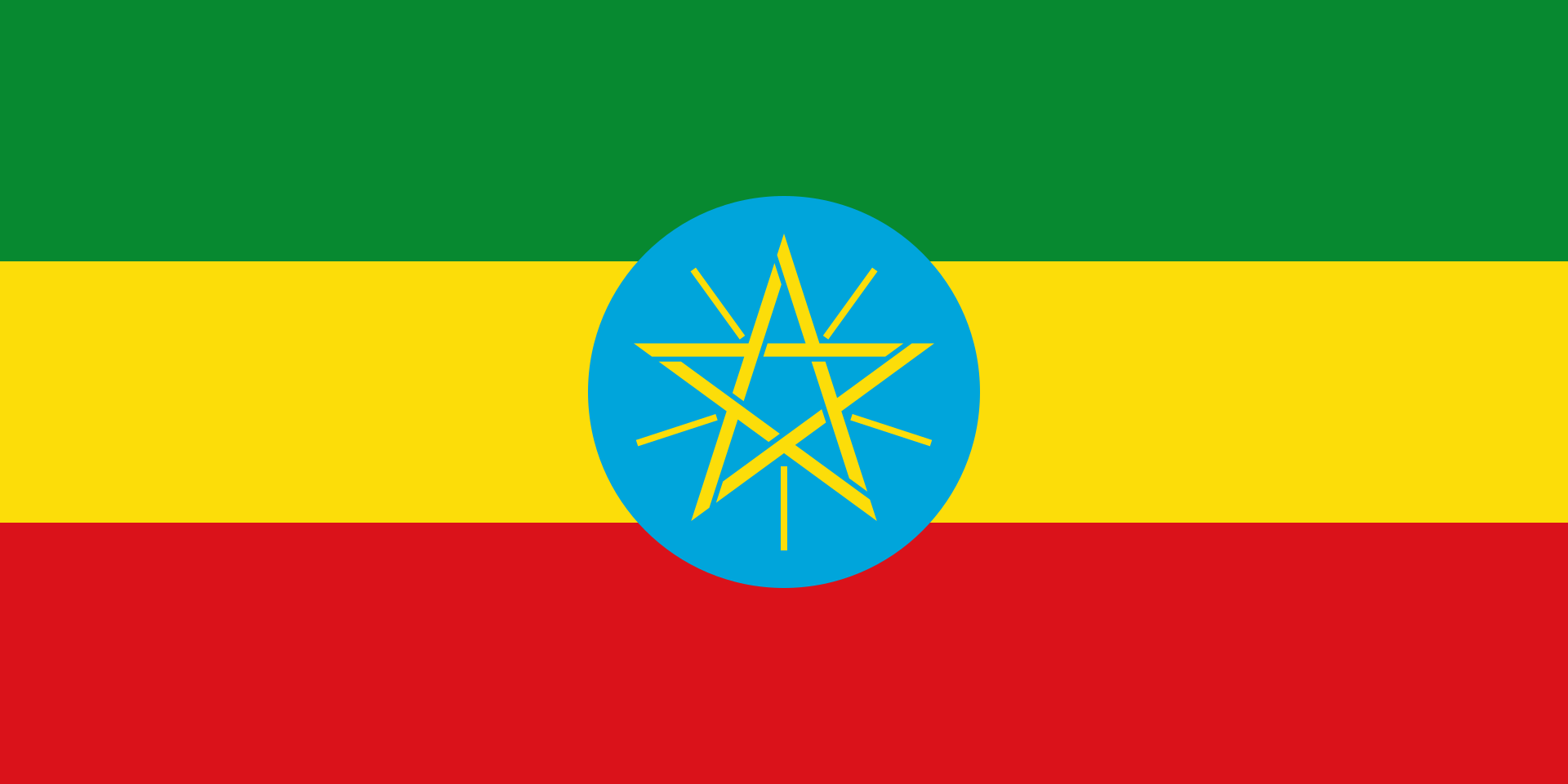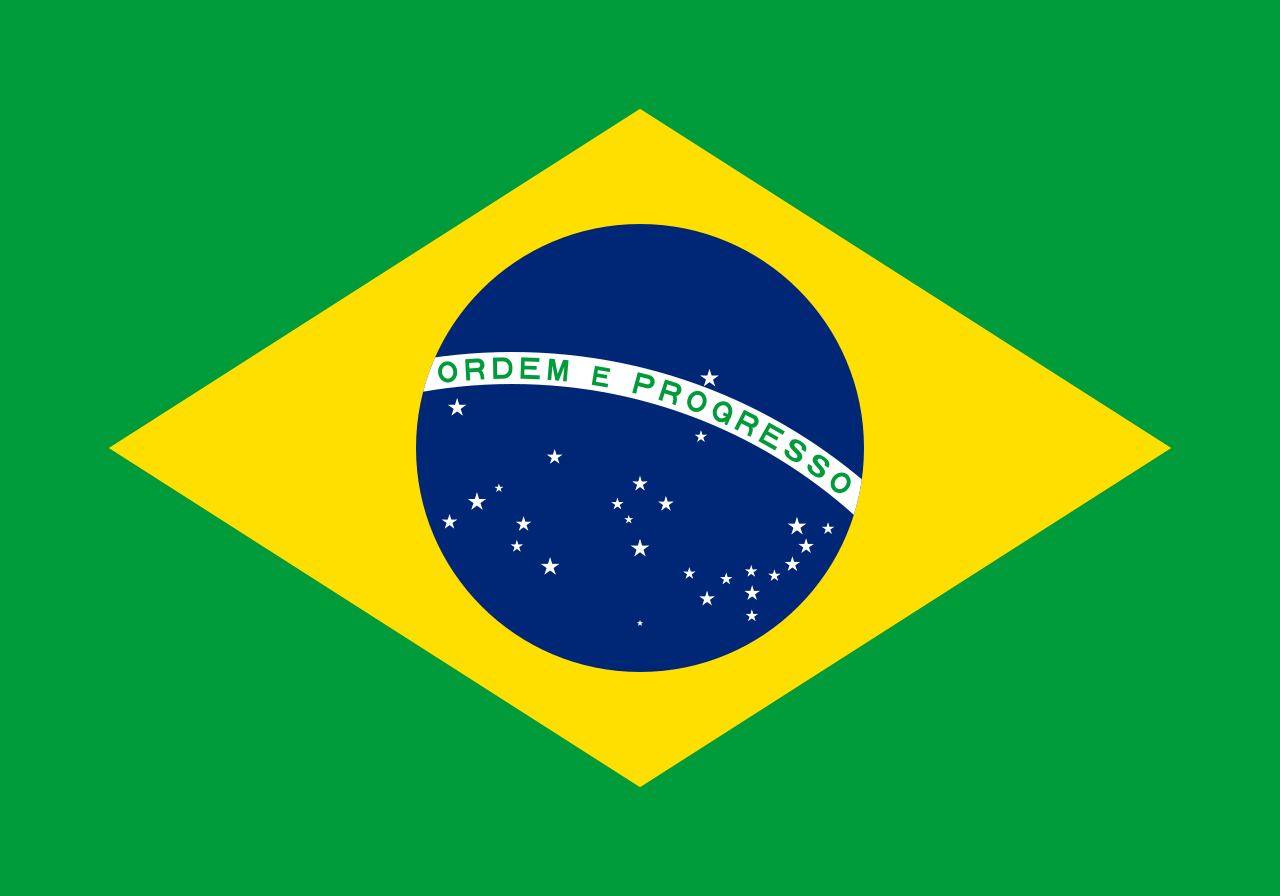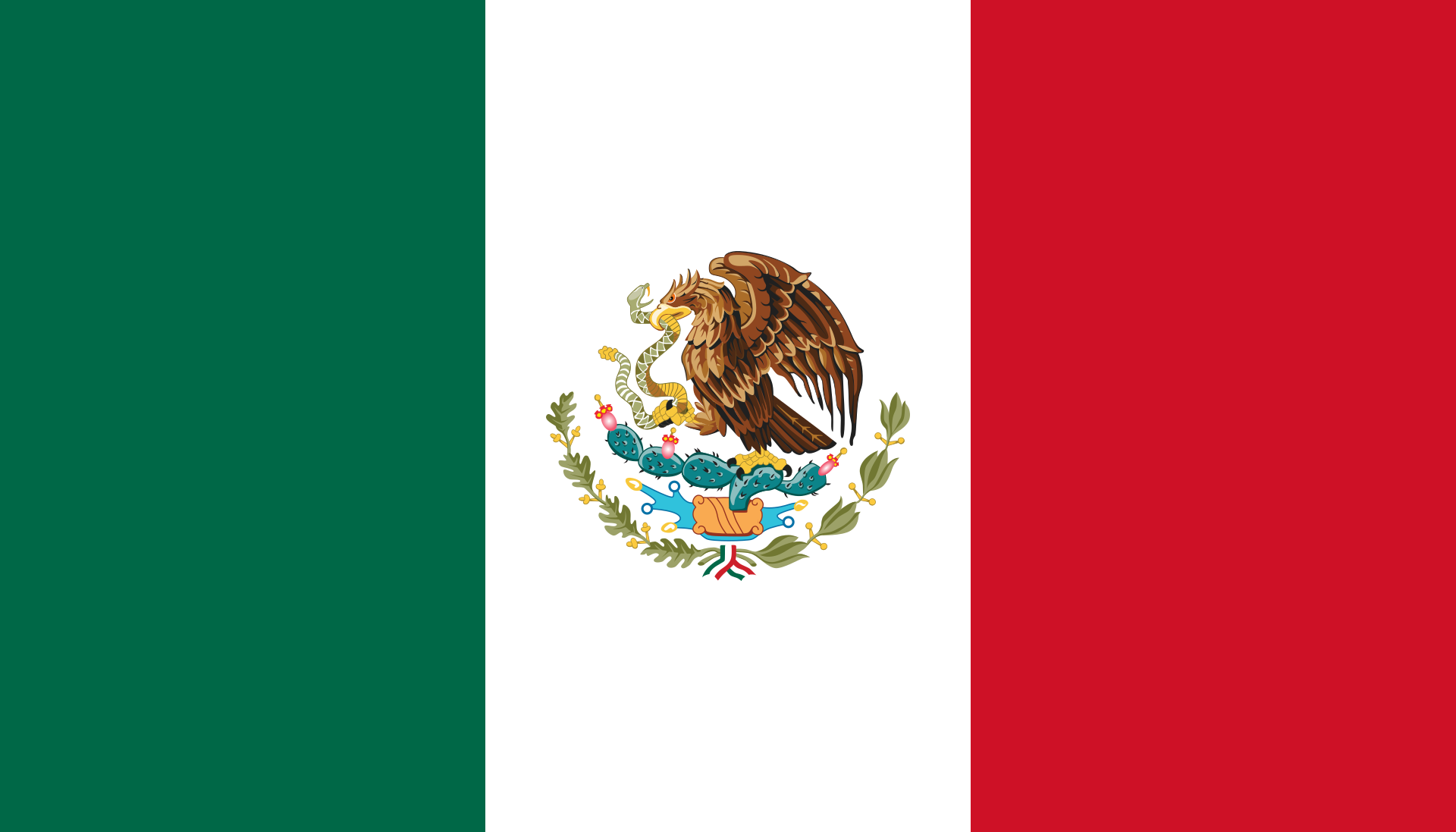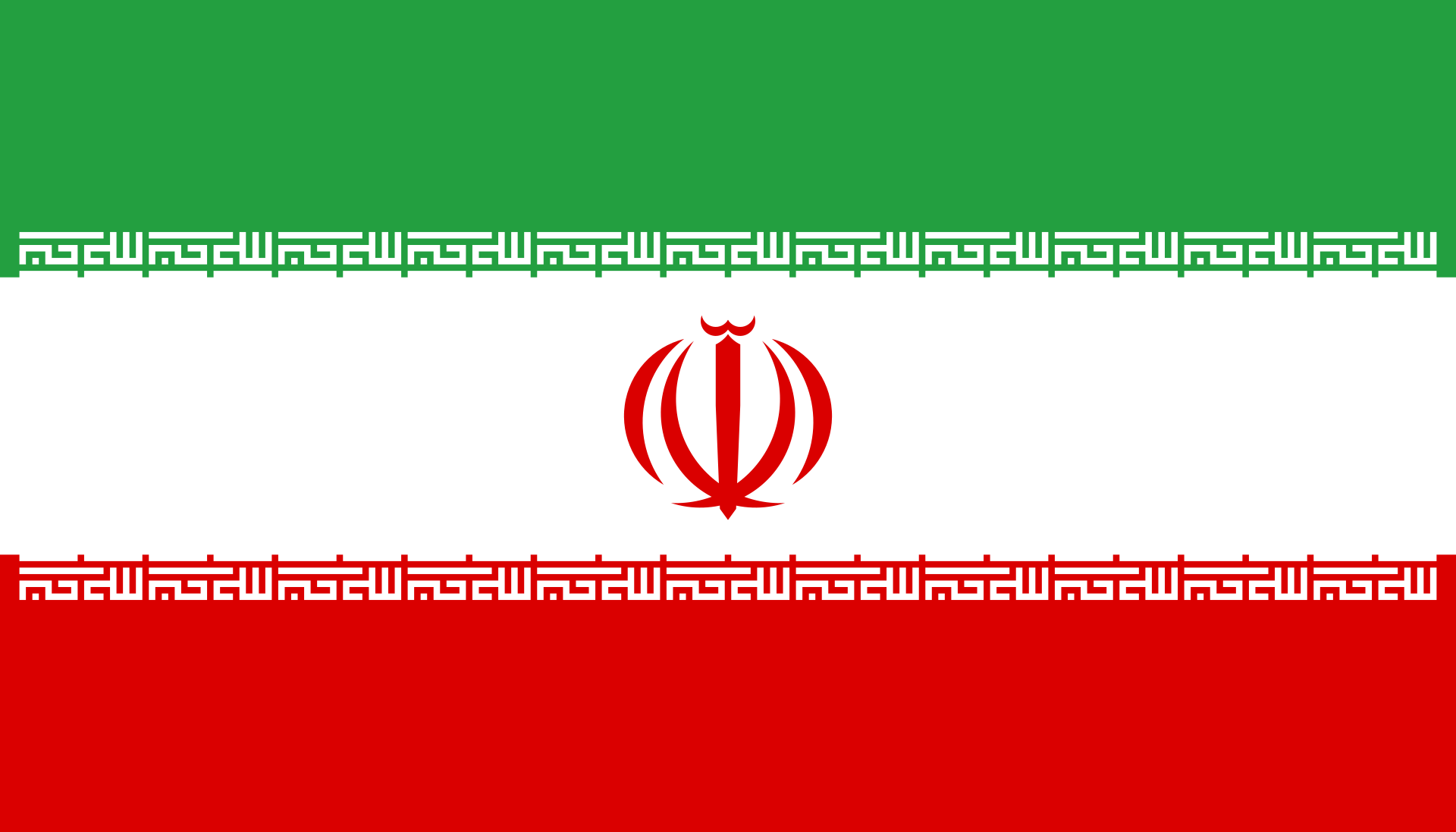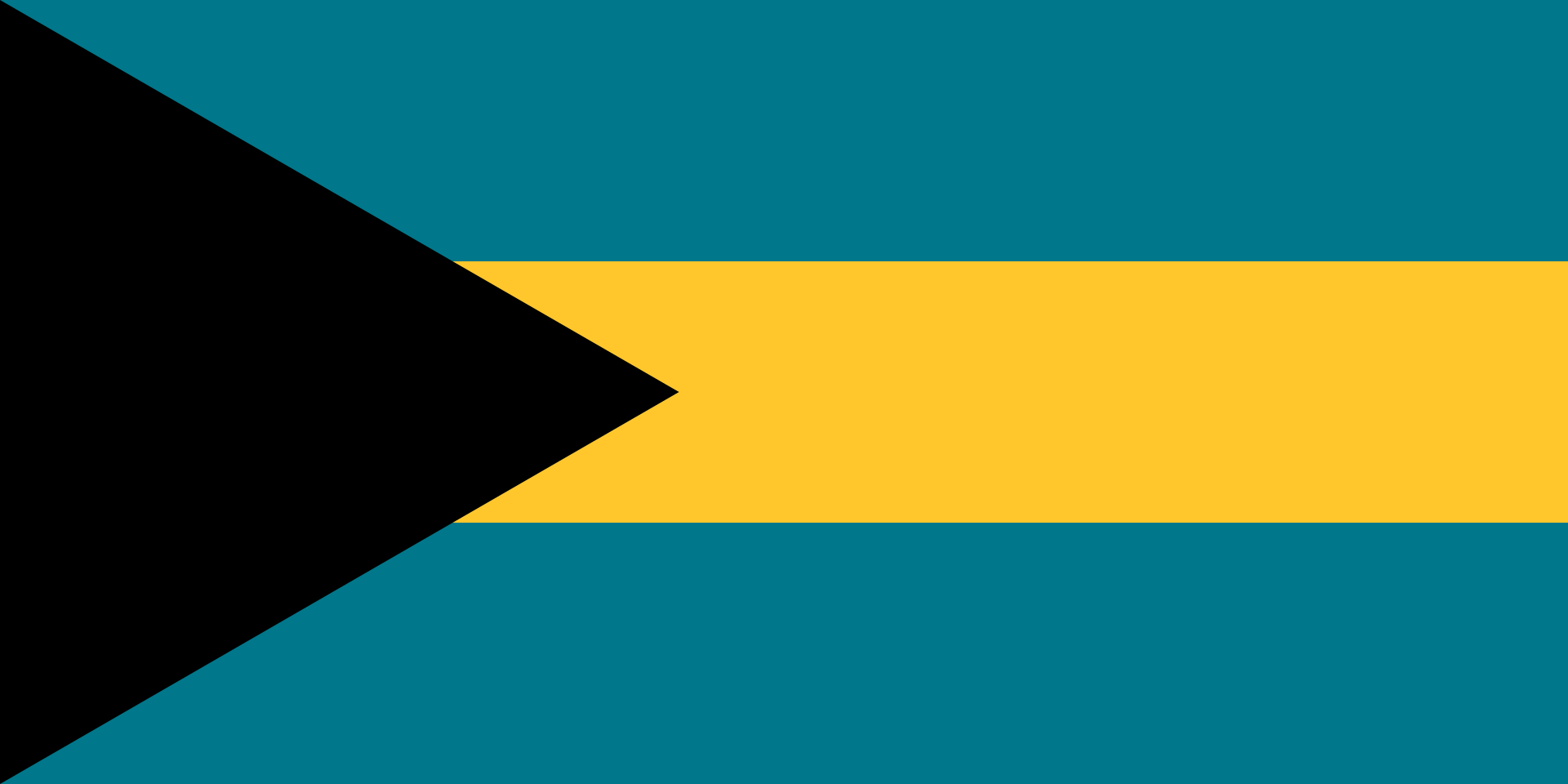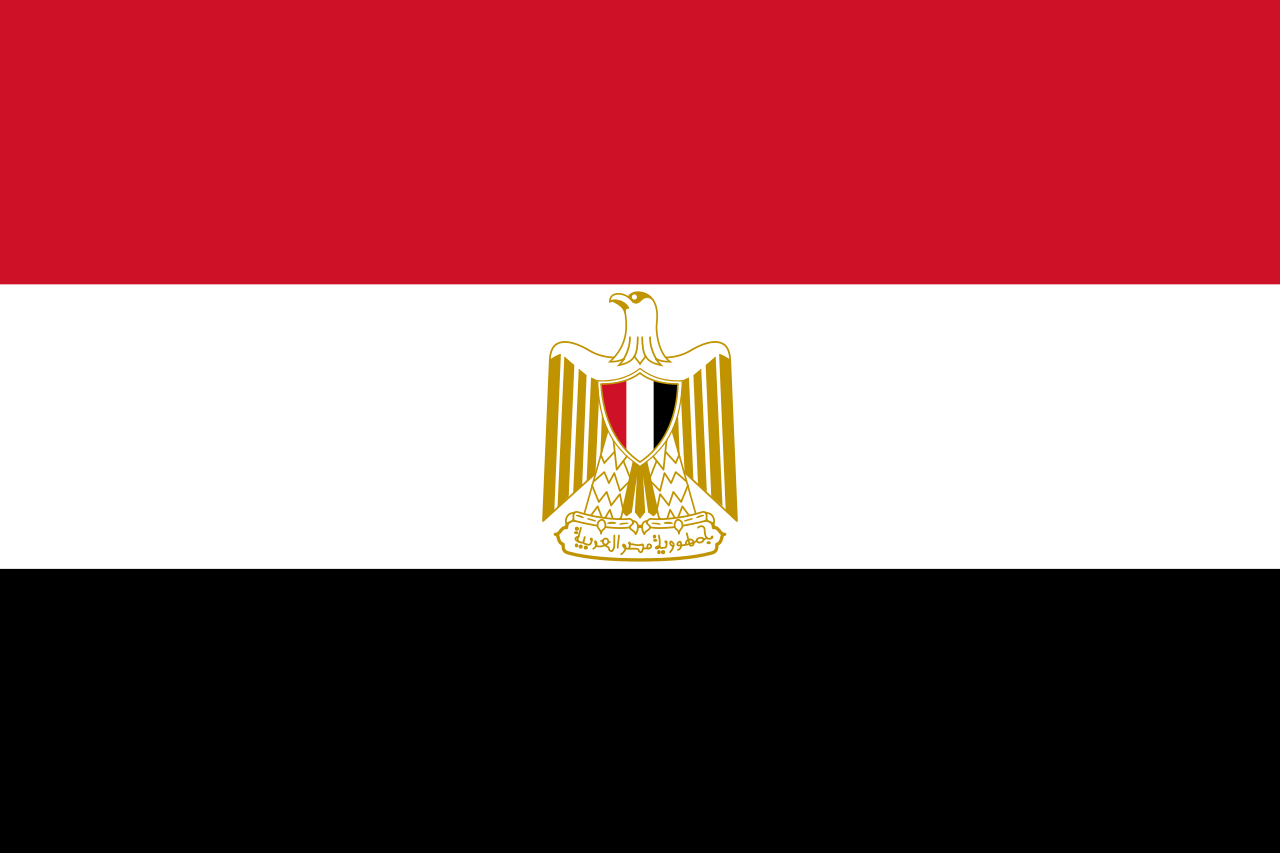
29. Olympic Summer Games
Olympic Medals in the games of 2008 in Peking
954 Medals in 34 Sports in 302 Events
China hosted the Olympic Games for the first time from August 8th to 24th. At that time, nobody suspected that Beijing should also host the Winter Olympics 14 years later in 2022, even though there is hardly any winter sport in China.
Beijing had already applied for the games in 2000, but was just short of Sydney. Critics referred to the human rights violations and pollution in China prior to applying for the 2008 games. No country worldwide carries out more death sentences. The cost of the games was irrelevant, as the Chinese leadership was determined to use the Olympic Games to gain international recognition for their country as a progressive economic power with a socially stable society and a healthy people. In retrospect, this was partially successful, since ten years later no one spoke only of the two superpowers USA and Russia, but of the three major world powers to which China now belongs. In 2015, China was the number one export country in the world.
The torch relay was carried out under the name "Journey of Harmony". The torch was carried across all continents. There were protests against the Chinese government in western cities such as San Francisco, Paris and London, and the torch relay could only be carried out under massive security measures. Despite concerns from environmentalists, the Chinese government built a road to the base camp of Mount Everest, and the torch was eventually carried to the summit.
The opening ceremony started at 8:08 p.m. Beijing time in the bird nest. The synchronous mass activities such as drums and flags waving were particularly impressive. One of the most beautiful pictures were aerial photographs of fireworks in the form of footsteps that ran through the streets of Beijing towards the bird's nest. It later turned out that these were not live images, but recordings of images generated on the computer.
Most of the competitions were held in Beijing, only sailing and soccer were held outside. The Hong Kong National Olympic Committee hosted the horse riding competitions. During the games, the national stadium, which was also called “bird's nest” because of its architecture, and the national swimming center, the “water cube”, were on TV.
The absolute superstar of the Beijing Games was the American, who was already under tremendous pressure before the games, as the media asked him to beat Mark Spitz's 1972 record to beat another gold medal. Phelps actually made it: eight starts, eight gold, seven world records, one Olympic record. A new record for “eternity”! Phelps was the most successful participant in Olympic history with his eight medals from Athens, six of them in gold. As is known, further medals would follow in 2012 in London and in 2016 in Rio de Janeiro.
The second superstar of the games was the Jamaican sprinter Usain Bolt. He won the 100m and the 200m each with a world record. Of course, the Jamaican relay won the 4 x 100m in a world record time, but since Nester Cater was doped, this gold medal was revoked from the team.
British cyclist Chris Hoy was a three-time Olympic champion in track cycling, in 2004 he had already won a gold medal in Athens, and two more were to be added in 2012 in London. There is also a silver medal from 2000 in Sydney. With his seven medals, he and his teammate Jason Kenny are the UK's most successful athletes at the Olympic Games. In 2009 he was knighted by Queen Elisabeth II and has been Sir Chris Hoy since then.
Unfortunately, there was also a huge scandal at the Beijing Games: a total of 50 medals were revoked! Partly immediately, largely as a result of retests of the preserved doping samples in 2016 and 2017. Most cases of doping concerned Russian athletes. Since Russian participants also doped massively at the 2012 games in London, Russia was excluded from the 2018 Winter Games in PyeongChang due to state doping.

